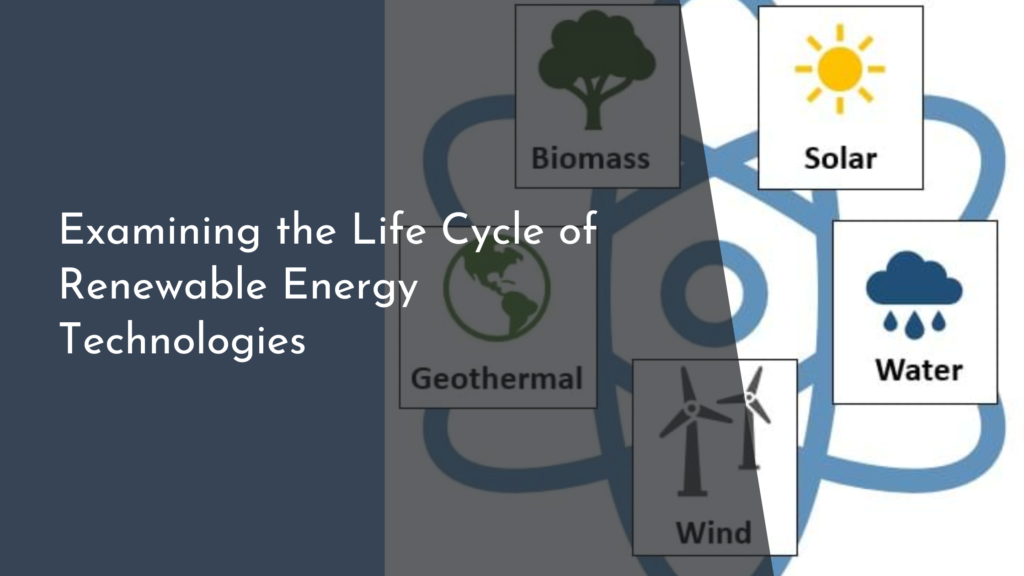The Role of Gardens in Environmental Education
Gardens are not just places of beauty and tranquility; they serve as crucial environments for environmental education. As the world grapples with challenges such as climate change, biodiversity loss, and sustainable living, gardens emerge as potent tools for teaching individuals about nature and ecological responsibility. Through hands-on experiences and interactive learning, gardens ignite curiosity and foster a deep appreciation for the environment. This article explores the vital role of gardens in environmental education, highlighting how they help individuals discover nature, grow knowledge, cultivate awareness, and nurture future stewards of the planet.
Discovering Nature’s Classroom: The Garden Experience
Gardens provide a rich, immersive experience where learners of all ages can engage directly with nature. Unlike traditional classrooms, the garden offers a dynamic environment filled with various plants, insects, and wildlife, allowing students to observe and interact with the natural world firsthand. As they explore the colors, textures, and fragrances of different plants, individuals develop a sensory connection to nature that can leave a lasting impression. This experiential learning approach fosters an appreciation for biodiversity and helps cultivate a sense of responsibility towards the environment.
Moreover, gardens can be tailored to reflect local ecosystems, which introduces learners to the unique flora and fauna of their region. By integrating local plants and wildlife into the garden curriculum, educators can emphasize the importance of native species and the role they play in maintaining ecological balance. Through activities such as planting, weeding, and observing wildlife, students not only enjoy the therapeutic benefits of gardening but also gain a deeper understanding of the interconnectedness of life. This hands-on engagement transforms the garden into a vibrant classroom that inspires curiosity and lifelong learning.
Growing Knowledge: Hands-On Learning in Green Spaces
The garden setting encourages hands-on learning, which has been proven to enhance retention and understanding of complex concepts. In a garden, students can engage in activities like planting seeds, composting, and monitoring plant growth. These activities are not only fun but also educational, as they teach important lessons about plant biology, sustainability, and the life cycle of organisms. The tactile nature of gardening allows learners to connect abstract theories to real-world applications, fostering a deeper comprehension of environmental science.
In addition, gardens serve as a platform for interdisciplinary learning. Lessons can seamlessly incorporate aspects of art, math, and social studies while still focusing on environmental themes. For example, students can create garden-inspired artwork, calculate the space needed for planting different crops, or explore historical uses of plants in various cultures. This multifaceted approach engages diverse learning styles, ensuring that all students can thrive in the garden environment. By nurturing a love for nature and encouraging critical thinking, gardens actively contribute to the growth of knowledgeable individuals who are equipped to tackle environmental challenges.
Cultivating Awareness: Gardens as Environmental Teachers
Gardens inherently teach valuable lessons about sustainability and ecological stewardship. By engaging with the garden, students learn about the importance of organic gardening practices, water conservation, and the impact of pesticides on the environment. This understanding extends beyond the garden’s borders, enlightening individuals about the importance of sustainable practices in their everyday lives. As students witness the relationship between plants, soil, and water, they become more aware of how their actions affect the environment and the importance of making environmentally conscious choices.
Additionally, gardens can help foster a sense of community and stewardship. Many school and community gardens bring together people from diverse backgrounds, encouraging collaboration and teamwork. This shared experience cultivates a collective responsibility for the environment, as individuals work together to care for the plants and the space. Through workshops, volunteer days, and community events, gardens serve as hubs for environmental education, creating a platform for dialogue about sustainability and conservation. This engagement helps to raise awareness about environmental issues, inspiring participants to advocate for change in their communities.
Nurturing Future Stewards: The Impact of Garden Education
The impact of garden education extends far beyond the immediate learning experience; it plays a crucial role in shaping future stewards of the environment. By instilling a love for nature and an understanding of ecological principles at a young age, gardens empower individuals to become advocates for sustainability. The lessons learned in gardens often translate into lifelong habits, as students carry forward their knowledge into adulthood, making more informed choices about their consumption, gardening, and environmental advocacy.
Moreover, as students cultivate their gardens, they develop essential life skills such as patience, responsibility, and teamwork. These attributes are vital for nurturing future leaders who will tackle environmental challenges. By encouraging students to take ownership of their gardens, educators help instill a sense of pride and accomplishment. This connection to the land fosters an enduring commitment to environmental stewardship, ensuring that future generations are equipped to care for the planet and advocate for its health. Through garden education, we can inspire a new generation of environmentally conscious citizens ready to make a positive impact.
In conclusion, gardens play a pivotal role in environmental education by offering unique opportunities for hands-on, experiential learning. They serve as natural classrooms, fostering a connection to nature while encouraging awareness of ecological principles and sustainability. By cultivating knowledge and nurturing future stewards, gardens empower individuals to become advocates for the environment. As we continue to face global challenges, the importance of gardens in educating and inspiring future generations cannot be overstated. Let’s embrace the transformative power of gardens and ensure that their lessons continue to grow and thrive for years to come.

